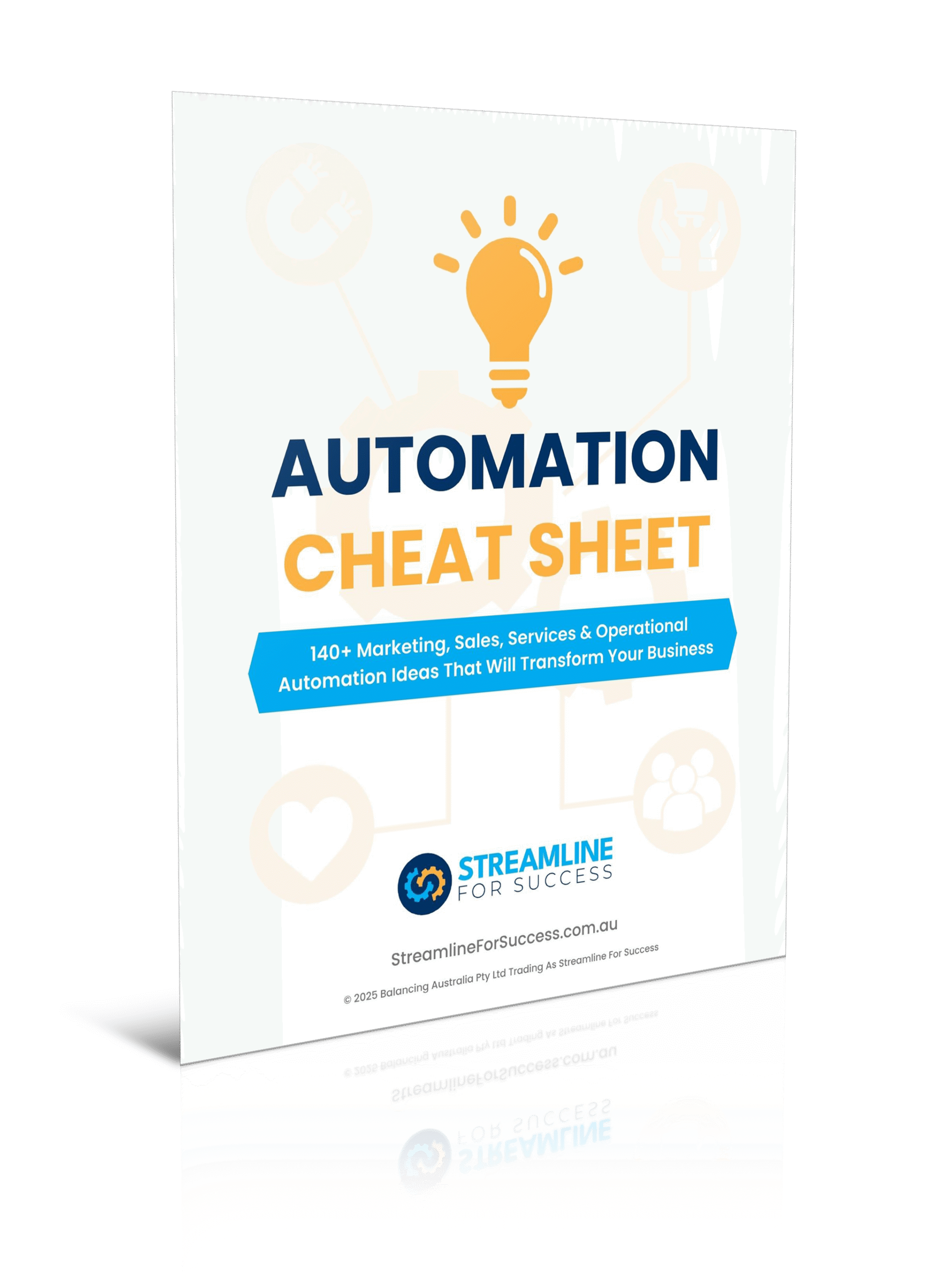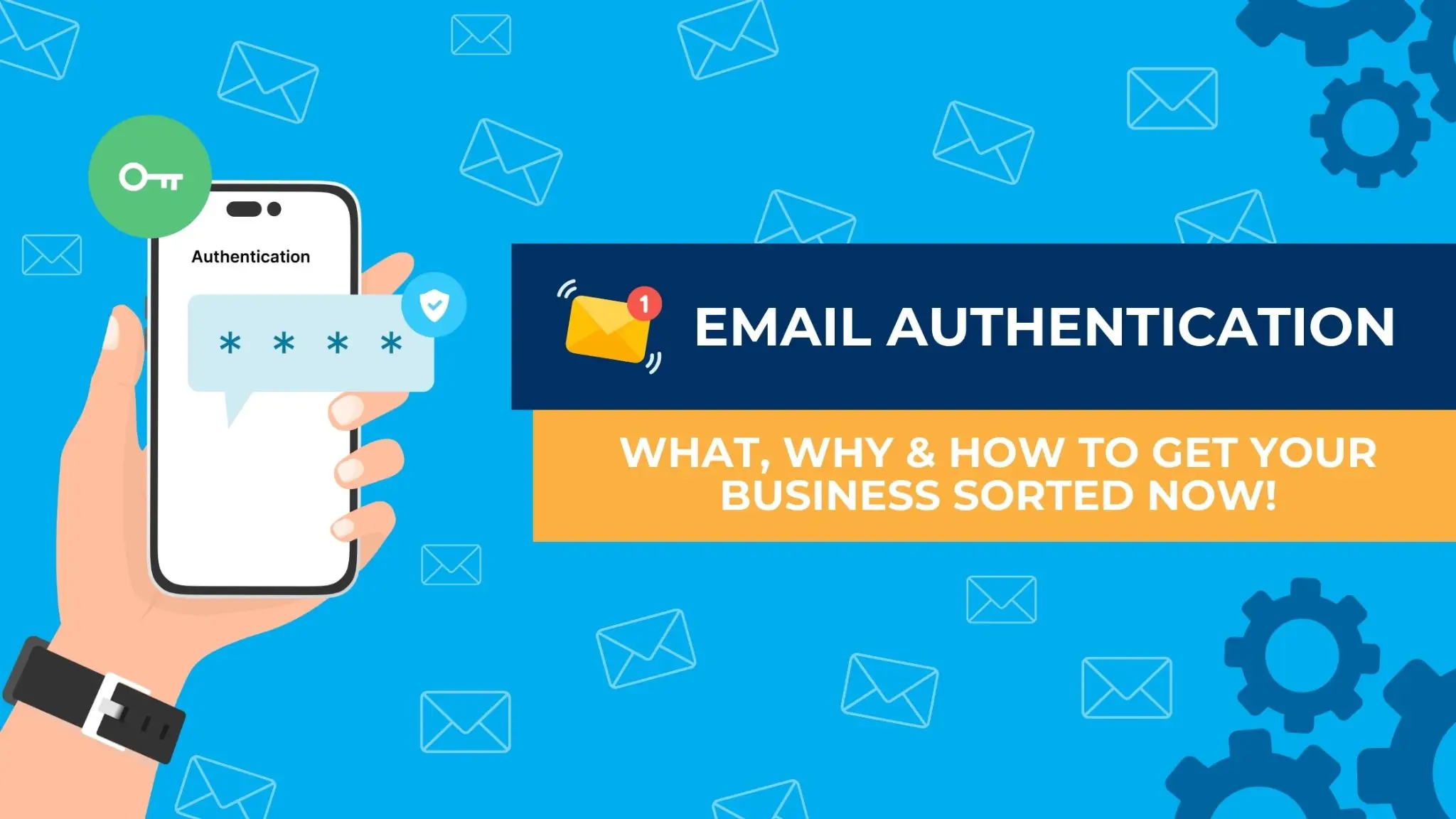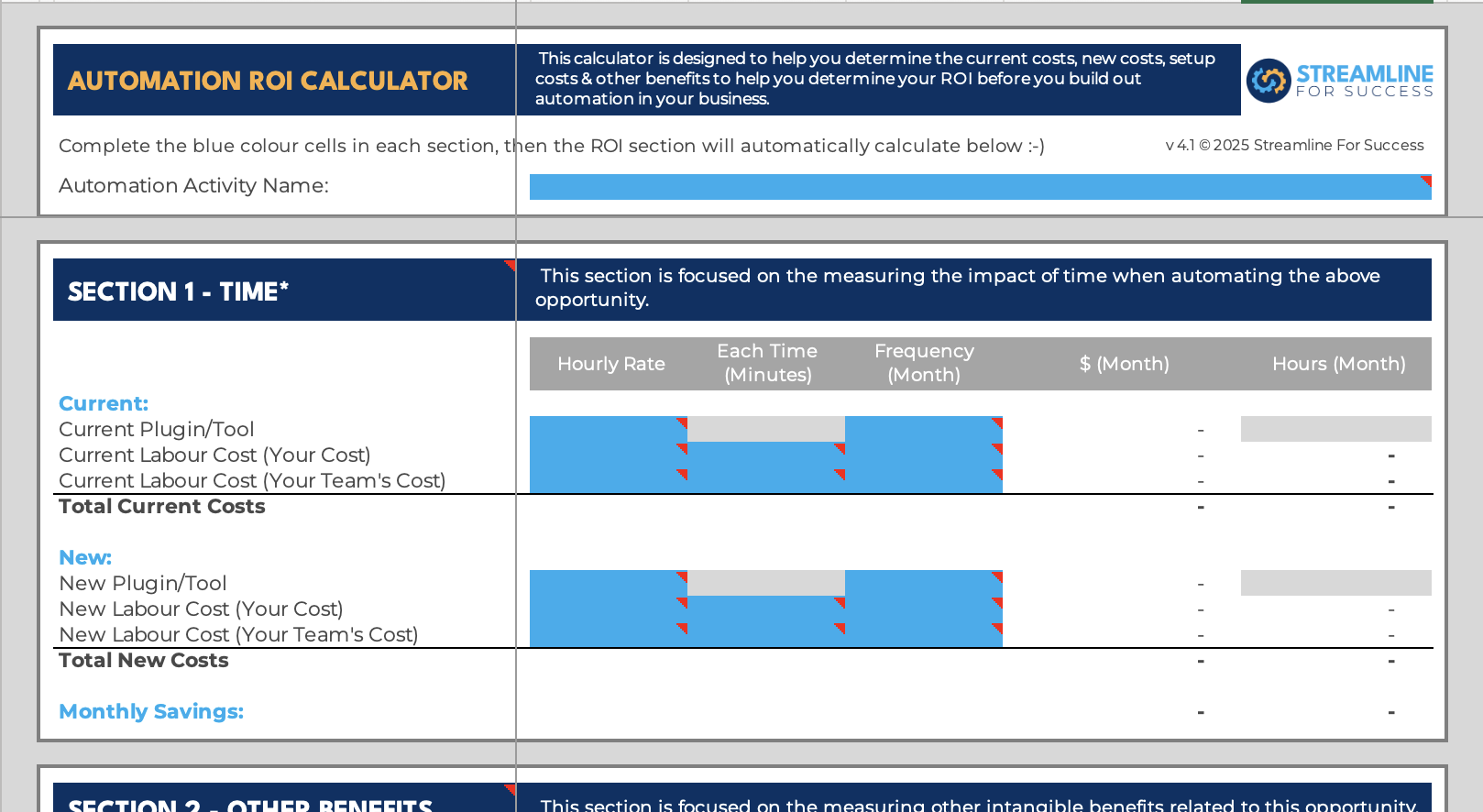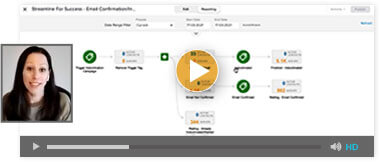Common SMS Marketing Mistakes
Ever receive a SMS marketing message whilst you were sleeping? You wake up, annoyed and perhaps you’re like me and swear by the fact that you’ll never do business with people that wake you up from your sleep. This and several other mistakes are unfortunately so common.
Here’s a recent of a promotional message I received… not just once but now 4 times at 5 AM…

12 SMS Marketing Common Mistakes
That prompted me to share, not only the two first obvious issues with this SMS but share a list of the 12 common mistakes you MUST avoid when using SMS messages in your marketing
1. No Permission
When an individual has not given explicit consent for someone to send you a SMS marketing messages in the first place, you should NOT be sending text messages to them. In some countries this is a big NO NO! Some you’ll be subject to heavy fines for violating legislation.
2. Audience Timing Considerations

Sending a text message at an hour when your target audience is sleeping can not only wake them but leave a sour taste in the audience’s mouth. Always consider the country and region/timezone that your audience is based as to what the appropriate hour is to send an SMS. One of my clients works with school teachers, so sending a text message to them at 7 AM for an event on that day during the school week, would be appropriate, as the audience is typically up. However, if your audience is on night shift, then the best time might be at 5 PM as they would be sleeping at 7 AM. (As you can see from my example above, I wasn’t impressed to receive a text message at 5 AM)
3. No Opt Out
Not giving your audience a way of removing themselves from text marketing. This is a requirement in some countries, so be sure to be familiar with the local legislative guidelines to ensure you are following them. Opt out functionality is achieved by giving specific Opt Out instructions at the end of the text message to reply with a keyword or click a link to opt out. (My preference is a keyword e.g. OPTOUT, as you’ll read below common concerns people have around clicking links in mobile text messages – but you’ll be limited to the opt out options available with your SMS provider). See example above – no instructions on how to remove myself from future SMS marketing.
4. No Personalisation

A blanket text message with no reference to your name says that the business may not know you and/or it could be spam. If you can, particularly if you’re automating your text messages, you should be able to merge the first name into the text message. You may also be able to merge other details relevant to the message. For example, dates related to a booking, the name of the specific event someone is registered for, or who the staff member’s name response for them as a sign off. This will help reassure the recipient that is a valid source.
5. Repeating The Same Message
Sending the same message again and again and someone isn’t responding, is annoying and it’s highly likely that they won’t respond if they haven’t already. Whether it’s exactly the same wording every X days/weeks, or it’s a slightly different variation but the same offer, this will get very irritating. Text messaging is obviously different than email. You could possibly send the same or similar messages via email to your audience, as they can often get lost in an inbox. Text messages, the history of all the text messages you have sent to a person is in the one thread. So, they’ll be able to see how creative or not creative you have been with your correspondence.
6. Timeliness
If you opt into receiving text messages, you expect to receive something soonish. If someone doesn’t send me a text message for months despite initial consent, then I would often forget that I had given original consent, and therefore most likely consider this as spam. Be sure to send your text messages as soon as possible after consent.
7. Expectations

Set expectations when someone opts into your text marketing so they give consent to receive particular relevant content and the frequency. For example, we have run campaigns for clients that their audience will be asked and need to give consent to receive text reminders for an online event. The event registrant receives an SMS on upon registration, and a few more text messages with reminders leading into the event.
FREE DOWNLOAD
UNSURE WHAT TO AUTOMATE IN YOUR BUSINESS?
Discover 125+ ideas to automate your marketing, sales, services, and operations, so you can...
- Save hours
- Capture more leads
- Convert additional sales
- Scale & get your life back!
8. Sending Too Frequently
Text messages is often seen as direct access to someone, as we carry our mobile phones everywhere. Therefore, by bombarding a person’s personal phone, can be considered very rude and may lead to high opt out rates. Be mindful of the frequency of how often you are sending to someone. If you’re a bit more advanced, you may have individuals in multiple marketing automation funnels at the same time. If that’s the case, consider what they are getting and do they need to receive all? A common use case for text messages is around event reminders, appointment reminders, birthday wishes, booking information, contract signing reminders and more. Be very selective with how you use text messaging to ensure it’s important and time sensitive messages that are being sent (of course related to topics that they have given consent on).
9. Ignoring Opt Out Requests
If someone opts out, please respect their wishes and actually stop sending to them. No one wants to receive unwanted messages, particularly if they have already told you they no longer want to receive future SMSs from you. In lots of systems this is fully automated, but if not, please establish a process to ensure they are removed from your SMS list and no longer sent text messages.
10. Only Call To Action (CTA) Is A Click

In the days of increased spam, I’m sure I’m not the only one that is hesitant to click links from a text message. I’ve had this one company send me text messages every other month for years, and the only option they have is a link, and then I need to fill out a form. I have no idea who this company is and I don’t want to provide any additional personal information (and let’s be honest, who knows they could be a spammer). That’s why it’s so important to address the common SMS mistakes already mentioned in this article. After consent given, send them something as soon as possible, personalize the message and send the relevant content at the frequency they signed up for. Without that, then sending a link in the email may not be an effective method of getting the individual to take action. If you are worried or you must get the contact to take some action, you can always also send an email and use a text message to let an individual know they have been sent an important email. This has helped boost conversions as the email doesn’t get lost in the inbox. We’ve had a client do that for contracts that have been sent via email. This was a big bottleneck for them in the sales process as they had some clients who missed the email and from their experience, they saw it was on the business had not followed up. By introducing a text message with the call to action to go to their inbox, this increased conversions for contract sign ups from emails. If you do believe the audience will trust you, you may wish to use a URL shortener to avoid your links taking up too many of your character limit for your SMS provider.
11. Not Testing Your Text Messages
If you are automating your text messages, it’s important to test any merge fields to personalise the content is working. Also, if you are including any CTAs, they are working too. We always recommend sending a text message to yourself first before the masses to confirm it actually works. You’d rather it come through with merge field code to you, then your prospects/customers.
12. SMS Length
There is a fine line of getting the right length of your SMS. Too short, may not provide enough information to trust you or to create curiosity for them to take action. Too much information is hard to consume and may come across overwhelming. Also consider the 160-character limit that you have in most providers. Yes, you can and sometimes need to go over, but be mindful of your character limits as that will impact the end user experience, as well as your SMS costs.
SMS Marketing

Don’t get me wrong, despite these common SMS marketing mistakes, sending SMS are an incredibly powerful way to reach your audience on a different marketing channel. It can enhance your customer experience and boost conversions as SMS messages have often got higher open rates than email. This can support your email marketing efforts to reach your current and potential customers further.
Happy texting!





![[FREE ROI CALCULATOR] How To Save Hours & $$$’s Automating Your Small Business](https://streamlineforsuccess.com.au/wp-content/uploads/2020/05/FREE-ROI-CALCULATOR-How-To-Save-Hours-s-Automating-Your-Small-Business.webp)























